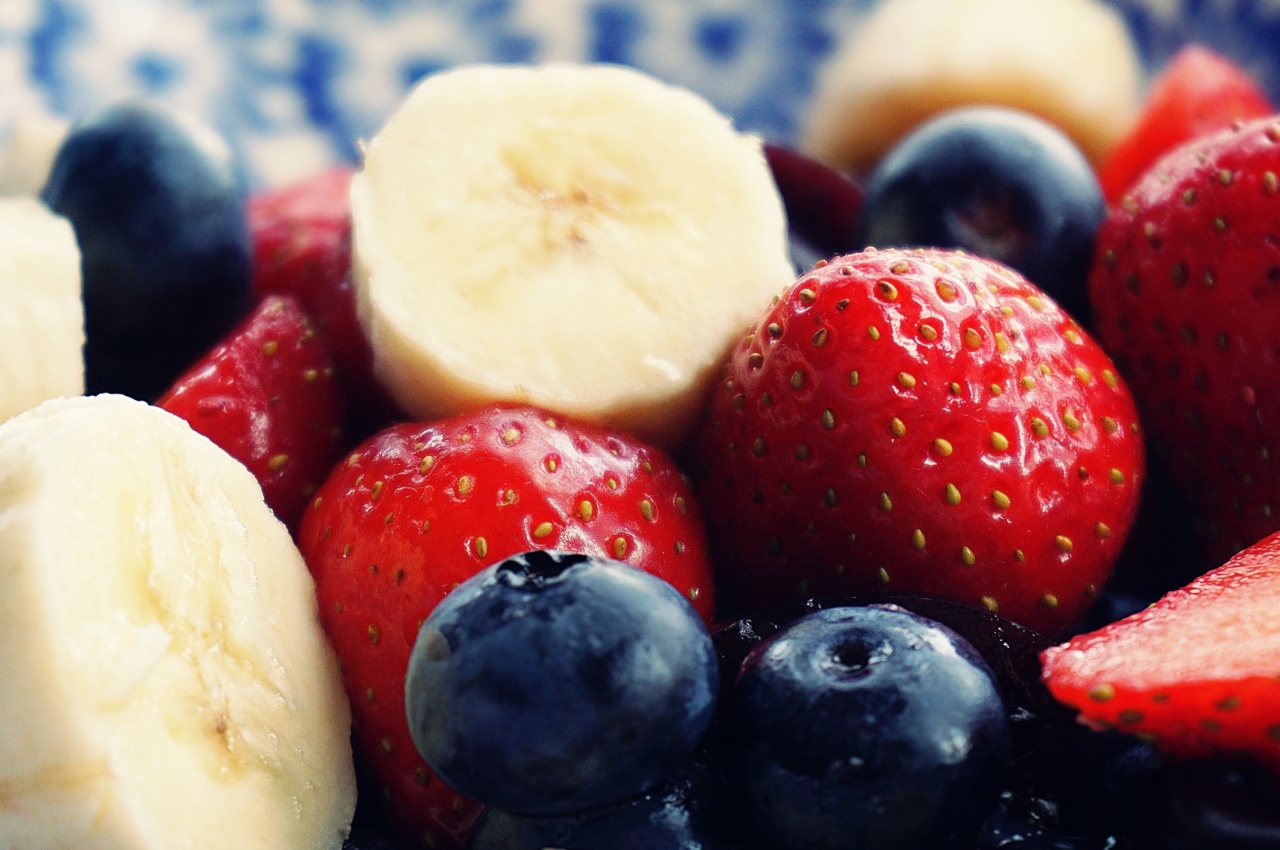When it comes to maintaining good health, there are a lot of factors to consider. Diet, exercise, and managing stress levels all play a role in keeping your body healthy and strong.
But there’s another crucial element that’s often overlooked: antioxidants. These powerful molecules help to protect the body from damaging free radicals, which can cause a range of health problems. In this article, we’ll explore what antioxidants are, how they work, and why they’re so important for your health.
What are Antioxidants?
Antioxidants are substances that help to protect the body from damage caused by free radicals.
Free radicals are unstable molecules that are produced as a byproduct of normal cellular processes, as well as through exposure to environmental toxins such as cigarette smoke and pollution. When free radicals accumulate in the body, they can cause damage to cells, proteins, and DNA. This damage is known as oxidative stress, and it’s linked to a range of health problems, including cancer, heart disease, and Alzheimer’s disease.
Antioxidants work by neutralizing free radicals before they have a chance to cause damage. They do this by donating an electron to the free radical, which stabilizes it and prevents it from reacting with other molecules in the body.
Antioxidants can be found in a variety of foods, including fruits, vegetables, nuts, and seeds.
The Benefits of Antioxidants
Research has shown that antioxidants offer a range of health benefits. Here are just a few of the ways that these important molecules can help to keep you healthy:.
1. Protection against chronic diseases
As we’ve already mentioned, oxidative stress is linked to a range of chronic diseases, including cancer, heart disease, and Alzheimer’s disease.
By neutralizing free radicals, antioxidants can help to protect the body against these illnesses.
2. Anti-inflammatory effects
Many antioxidants also have anti-inflammatory effects, which can help to reduce inflammation in the body.
Chronic inflammation is another factor that’s linked to many chronic diseases, so reducing inflammation can be an important way to protect your health.
3. Improved immune function
Antioxidants, particularly vitamin C and vitamin E, can help to boost the immune system. This can help to protect the body against infections and other illnesses.
4. Protection for the skin
Free radical damage can lead to premature aging of the skin, including wrinkles and age spots. Antioxidants like vitamin C and vitamin E can help to protect the skin from this damage, keeping it looking youthful and healthy.
5. Protection for the eyes
The eyes are particularly vulnerable to free radical damage, which can contribute to conditions like cataracts and macular degeneration.
Antioxidants like lutein and zeaxanthin can help to protect the eyes from this damage, reducing the risk of these conditions.
Where to Find Antioxidants
If you want to boost your antioxidant intake, there are plenty of foods to choose from. Here are just a few examples:.
Fruits and vegetables
Fruits and vegetables are some of the best sources of antioxidants. Berries, citrus fruits, leafy greens, and bell peppers are all particularly rich in these important molecules.
Nuts and seeds
Nuts and seeds are another great source of antioxidants. Almonds, walnuts, and sunflower seeds, for example, are all high in vitamin E, which is a powerful antioxidant.
Herbs and spices
Many herbs and spices also contain antioxidants. Examples include cinnamon, turmeric, oregano, and basil.
The Bottom Line
Antioxidants play a crucial role in protecting the body from free radical damage.
By neutralizing these harmful molecules, antioxidants can help to reduce the risk of a range of chronic diseases, including cancer, heart disease, and Alzheimer’s disease. To get the most benefit from antioxidants, make sure to eat a diet rich in fruits, vegetables, nuts, and seeds.




























